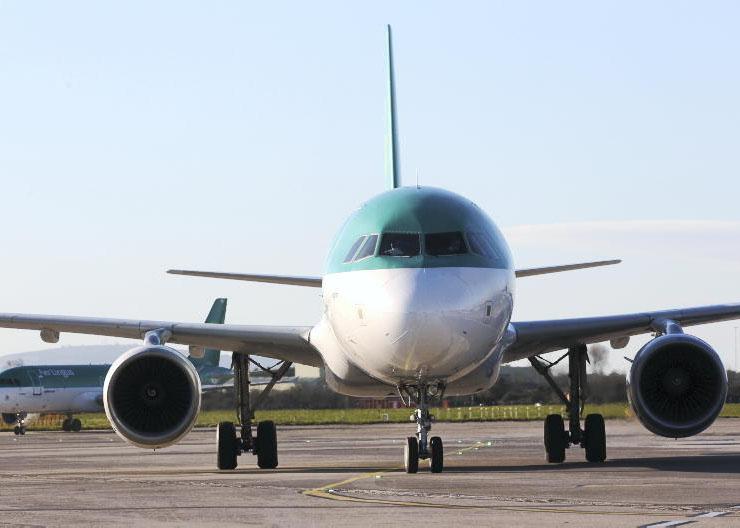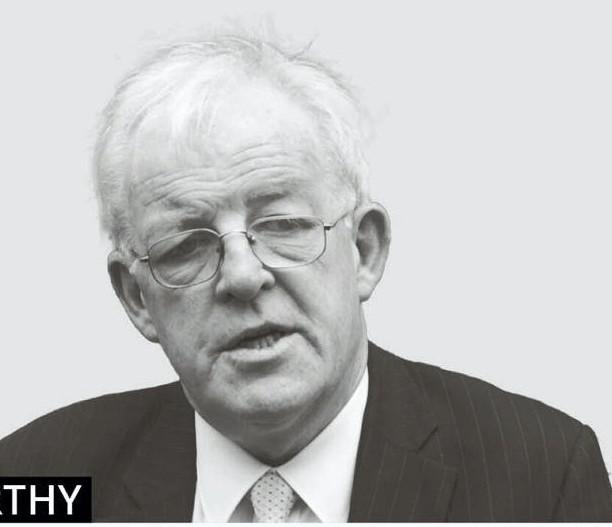Once upon a time British prime ministers could journey to Brussels seeking deals and compromises from their EU counterparts on the basis of a well-understood negotiating position, namely that they had a bunch of Eurosceptics back in Westminster and must be able to offer them something. Otherwise it would become impossible to withstand their demand for a referendum on EU withdrawal, something which everyone wished to avoid.
The tactic worked too – Britain secured a budget rebate and pays less than if she were bound by the formula that applies to everyone else; was given an opt-out, written into the Maastricht treaty, from the currency union; and was allowed to stay out of the Schengen agreement on passport-free travel, along with several other special arrangements.
Theresa May will be attending thursday’s European Council for a brief interlude only: she will withdraw with whatever decorum can be simulated while the EU-27 proceed to consider the progress of Britain’s withdrawal negotiations in her absence. They will conclude that there has been inadequate progress and that Michel Barnier’s clock must continue to tick towards a possible no-deal exit.
The traditional British negotiating position was abandoned when David Cameron lost. The referendum in June 2016.
Once the Article 50 resignation letter was despatched by Mrs May almost eight months ago there was no credible threat left – you can no longer threaten to quit after you have resigned. The error was compounded with a further capitulation to the Brexiteers in the commitment to leave both the single market and the customs union, making a hard border in Ireland almost impossible to avoid.
New arrangements
The European Union is being asked to contrive a new set of trading arrangements exclusively for Britain, which has chosen to become a third country no different from Brazil or Japan. There is to be no interruption to the UK’s current access to the EU’s internal market: the Brexiteer demand is for no tariffs, no non-tariff barriers and no customs checks. This is impossible, period. Technically it could not be done without dismantling the internal market, the product of a sixty-year project of European economic integration. Any offer to Britain of better trade access than is available to other third countries would also be constrained by World Trade Organisation rules.
Politically it is quite unrealistic for the country exiting the club to expect the surviving members to change the rules of the game they play amongst themselves, in order to accommodate the expectations of the party leaving the field. The essence of the Leave campaign during the referendum was precisely the proposition that there would be no economic costs for Britain. And that a fruitful free trading future could be secured while departing the largest free trading arrangement ever likely to be available to the United Kingdom. This would happen because it would be in the interest of the EU-27, and of newly-discovered trading partners around the world, to deliver this happy outcome for the UK. Thus the succession of decisions taken by Mrs May’s government has placed the UK in the position of a supplicant, seeking favours from both the free trade bloc it has chosen to quit and from countries outside Europe where it expects to find lucrative new trade outlets.
If Britain was an enormous country, dominating world trade, everybody else would be keen to do business. Britain accounts for roughly 3% of the world’s GDP.
The Irish Government appears to have concluded, without quite saying so, that the best that can now be expected is that Britain should stay close to customs union membership, with some kind of deal to respect at least some of the single market rules. Given the inflated importance that Brexiteers attach to fresh trade deals outside Europe it will be difficult to avoid a customs border of some description and Mrs May has effectively ruled out acceptance of key single market requirements à-la-Norway.
There is still, just about, time to do a damage-limitation deal. There was no vote in Britain to depart the single market and numerous Leave campaigners, including Boris Johnson, the foreign secretary, asserted prior to the referendum that single market membership ought to be retained.
There was barely a mention of the customs union. Theresa May’s commitments to quit both in her Lancaster House speech last January, in order it would appear to further appease the Brexiteers, followed by the premature Article 50 resignation letter, have left Britain with no cards to play. The EU-27 can now dictate the economic cost of the referendum decision.
All of this, tragically for the United Kingdom, undertaken in the deluded cause of ‘Taking Back Control’.








SHARING OPTIONS